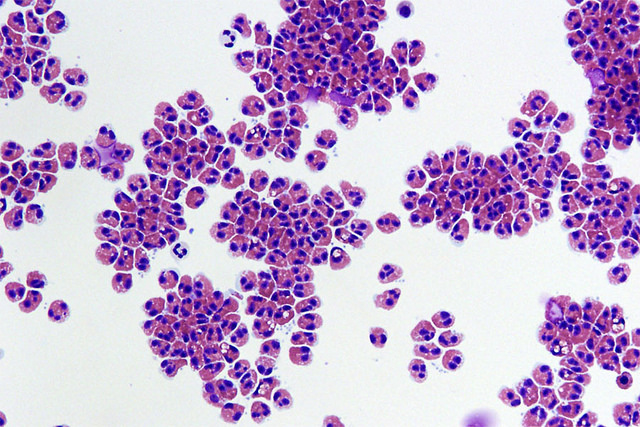As compared with thrombolytic therapy, primary percutaneous transluminal coronary angioplasty (PTCA) in acute myocardial infarction reduces the rates of death, reinfarction, and stroke, but recurrent ischemia, restenosis, and reocclusion of the infarct-related artery remain problematic. When used in combination with PTCA, coronary stenting and platelet glycoprotein IIb/IIIa inhibitors may further improve outcomes.
As compared with thrombolytic therapy, primary percutaneous transluminal coronary angioplasty (PTCA) in acute myocardial infarction reduces the rates of death, reinfarction, and stroke, but recurrent ischemia, restenosis, and reocclusion of the infarct-related artery remain problematic. When used in combination with PTCA, coronary stenting and platelet glycoprotein IIb/IIIa inhibitors may further improve outcomes. Using a 2-by-2 factorial design, we randomly assigned 2082 patients with acute myocardial infarction to undergo PTCA alone (518 patients), PTCA plus abciximab therapy (528), stenting alone with the MultiLink stent (512), or stenting plus abciximab therapy (524).Normal flow was restored in the target vessel in 94.5 to 96.9 % of patients and did not vary according to the reperfusion strategy. At six months, the primary endpoint – a composite of death, reinfarction, disabling stroke, and Ischemiadriven revascularization of the target vessel – had occurred in 20.0 % of patients after PTCA, 16.5 % after PTCA plus abciximab, 11.5 % after stenting, and 10.2 % after stenting plus abciximab (P < 0.001). There were no significant differences among the groups in the rates of death, stroke, or reinfarction; the difference in the incidence of the primary endpoint was due entirely to differences in the rates of target-vessel revascularization (ranging from 15.7 % after PTCA to 5.2 % after stenting plus abciximab, P < 0.001). The rate of angiographically established restenosis was 40.8 % after PTCA and 22.2 % after stenting (P < 0.001), and the respective rates of reocclusion of the infarcted-related artery were 11.3 % and 5.7 % (P = 0.01), both independent of abciximab use.At experienced centers, stent implantation (with or without abciximab therapy) should be considered the routine reperfusion strategy.(Source: European Society of Cardiology: Acute Coronary Syndromes Trials)
All content and media on the HealthEngine Blog is created and published online for informational purposes only. It is not intended to be a substitute for professional medical advice and should not be relied on as health or personal advice. Always seek the guidance of your doctor or other qualified health professional with any questions you may have regarding your health or a medical condition. Never disregard the advice of a medical professional, or delay in seeking it because of something you have read on this Website. If you think you may have a medical emergency, call your doctor, go to the nearest hospital emergency department, or call the emergency services immediately.







